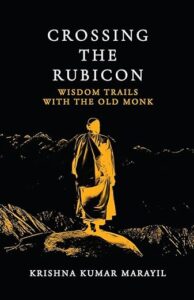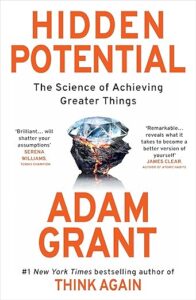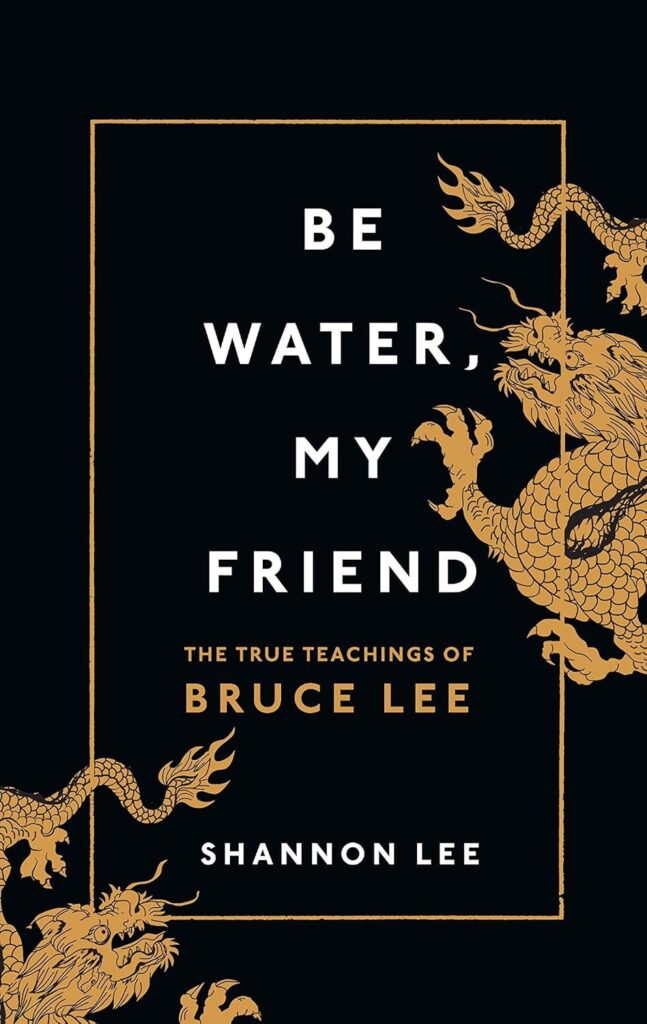“Crossing the Rubicon: Wisdom Trails with the Old Monk” by Krishna Kumar Marayil is a thought-provoking book that lingers in the mind, urging deep reflection on the path to a virtuous life. Letting go of behaviors that once brought success can be challenging, yet this book compellingly argues for embracing authenticity. Through engaging anecdotes, it highlights why shedding outdated patterns is essential for true growth. Interestingly, this theme resonates with several books I have read recently, including What Got You Here Won’t Get You There, The Culture Code, Gita for the CEO, Be Water, My Friend, and Hidden Potential.
My key takeaways from the book are:
- Pick our battles: Some races are best to forsake. Life is not about relentless chasing; success comes from setting our own pace
- Wanting to stay in control is not the answer to avoiding failure: Worry begins when we try to live in a future that has yet to arrive. Trusting the path we are on allows us to find beauty in each step and truly live in the present, rather than postponing fulfilment to an uncertain future.
- Discard masks and stay true to ourselves: The temptation to adopt a false persona distances us from our true nature. Avoid being overly accommodating or easily provoked. Authenticity fosters composure, freedom, and ultimately leads to meaningful success.
- Create an alter ego: Embody a superhero mindset to tackle seemingly insurmountable challenges and pursue our dreams. An alter ego provides the freedom to explore different facets of our personality, navigate difficulties, and unlock hidden potential.
- Silence is a great source of strength in conversations: When someone falls silent, it might be their path to self-discovery through self-reflection. Directing silence inward enhances self-awareness and helps find answers to problems.
- Bring our inner devil to the surface: Confronting fears and questioning self-doubt leads to powerful self-reflection. Addressing our inner critic allows us to break free from limitations, challenge the status quo, and pursue our dreams.
- Embrace the virtuous life: Act from a place of clarity and wisdom rather than being driven by desires. Ambition can be a great motivator, but is rooted in desire. Looking for a sense of recognition outside ourselves leads to restlessness. Shifting focus from personal gain to what benefits others brings clarity, peace, and fulfilment.
Crossing the Rubicon is a compelling guide to self-discovery and transformation. It challenges us to shed past habits, embrace authenticity, and find fulfilment in the present. Through engaging insights and practical wisdom, the book inspires a shift from mere ambition to a purpose-driven, virtuous life.


